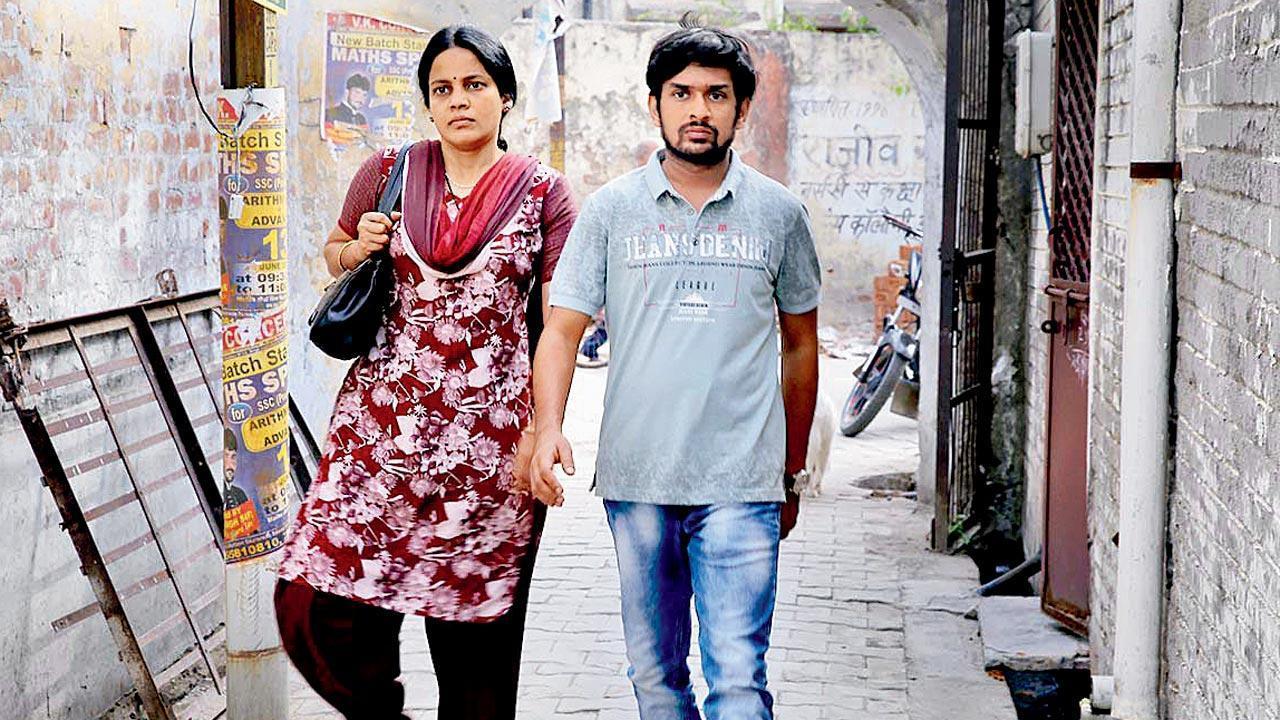
The Central Board of Film Certification (CBFC) has recently granted an ‘A’ certification to the upcoming film “Agra,” directed by Kanu Behl, under contentious conditions. The film, which delves into the intricate subject of sexual repression, has been asked to make two significant alterations: the replacement of a frontal nudity scene with another visual and the complete removal of a sex sequence. These stringent requirements are now at the center of a broader debate about censorship in Indian cinema, a topic that has gained considerable attention with similar issues surfacing around films such as Dev Patel’s “Monkey Man.”
During a recent conversation, Behl had expressed confidence that “Agra” would not encounter significant hurdles with the CBFC, noting his previous experiences with the board as “reasonable.” This optimism, however, has been thwarted by the board’s recent directives. As filmmakers navigate the labyrinth of certification, the controversies highlight the ongoing struggle between creative expression and regulatory bodies. A copy of the CBFC certification letter obtained by mid-day outlines these demands comprehensively.
A source familiar with the situation disclosed, “They have asked for a few expletives to be eliminated, which the makers agreed to. However, the team is deliberating over the remaining two instructions. For a film that explores the protagonist’s sexual journey, the two sequences are crucial to the narrative.” Given the importance of these scenes to the storyline, the filmmakers find themselves at a crossroads, contemplating whether to comply with the cuts or to challenge the board’s decisions legally.
The production team at Saregama’s Yoodlee Films, the banner under which “Agra” has been produced, is currently evaluating their options. With starring roles by Mohit Agarwal and Priyanka Bose, the movie promises a provocative exploration of personal and societal issues, making the CBFC’s contention with certain scenes particularly noteworthy. The filmmakers believe these scenes are integral to portraying the protagonist’s journey authentically. As the team contemplates their next moves, the debate about permissible content in Indian cinema has been reignited.
The broader implications extend beyond just this single film.
. Indian cinema has a long history of tussling with its certification board over content deemed inappropriate for the general audience, and this latest episode underscores the recurring themes of artistic liberty versus societal norms. The recent situation with “Agra” mirrors similar controversies, indicating that the battle between filmmakers and regulatory bodies is far from over.
The discourse has been further fuelled by the case around Dev Patel’s “Monkey Man,” which remains unreleased due to similar certification issues. Both films’ struggles highlight a critical dialogue on the boundaries of censorship and the importance of preserving creative freedoms within the cinematic scope. For a long time, filmmakers have argued that stringent censorship hampers their ability to tell authentic stories, and instances like these only add weight to their claims.
The complexities involved in movie certification in India are multi-faceted. While the CBFC’s role is to regulate content to ensure it adheres to societal standards, the criteria and decisions often appear subjective, leading to significant pushback from the film fraternity. The filmmakers argue that what constitutes as explicit or inappropriate can often be a matter of personal perspective rather than community standards.
In recent years, the advent of digital platforms has allowed for more bold storytelling unconstrained by the traditional restrictions of the CBFC. Films released exclusively on digital platforms often explore themes and showcase scenes that would likely be censored if targeted for theatrical release. This emerging trend prompts a question about the future role of the CBFC and whether its rigid framework needs a re-evaluation in a rapidly evolving media landscape.
For now, the makers of “Agra” are facing a crucial decision: either to re-edit their film in accordance with the board’s demands or to take a principled stand by challenging the certification. Regardless of their choice, this episode will undoubtedly contribute to the ongoing debate on censorship and artistic freedom in Indian cinema. As it stands, all eyes are on Kanu Behl and his team to see how they navigate this intricate and high-stakes situation.
The outcome of their decision will likely set a precedent for future films facing similar issues, potentially influencing how filmmakers approach themes considered contentious by the CBFC. The intersection of art, regulation, and societal values remains a contentious battleground in Indian cinema, with “Agra” being the latest flashpoint in this enduring debate.












